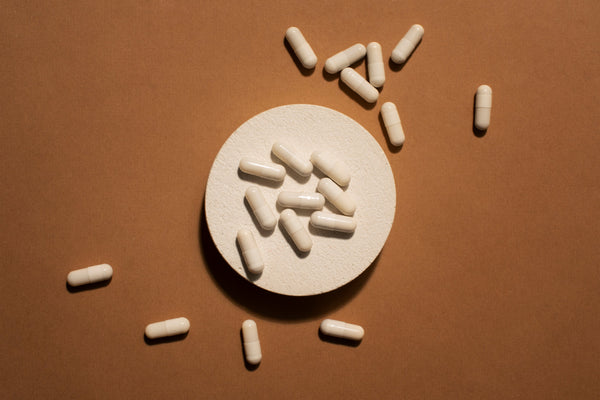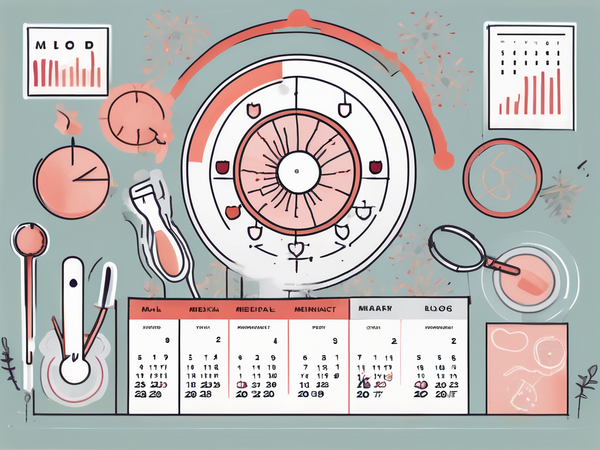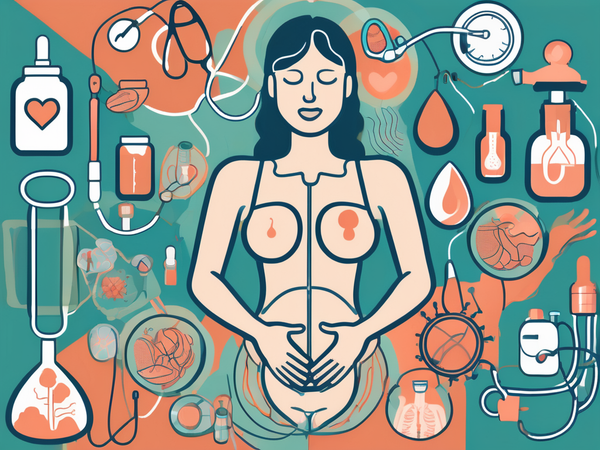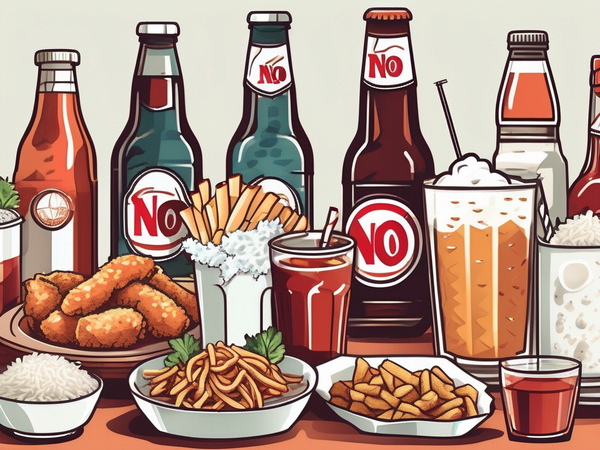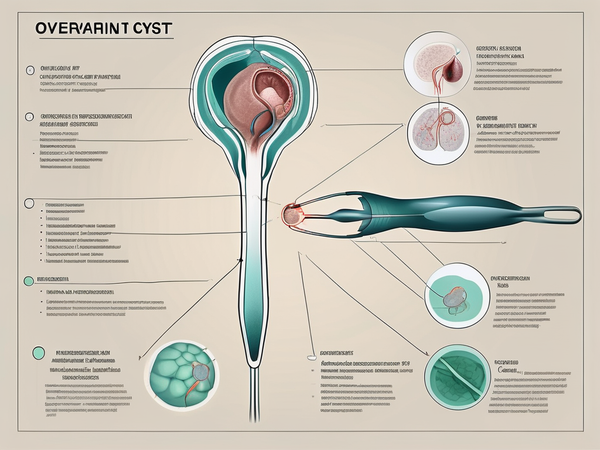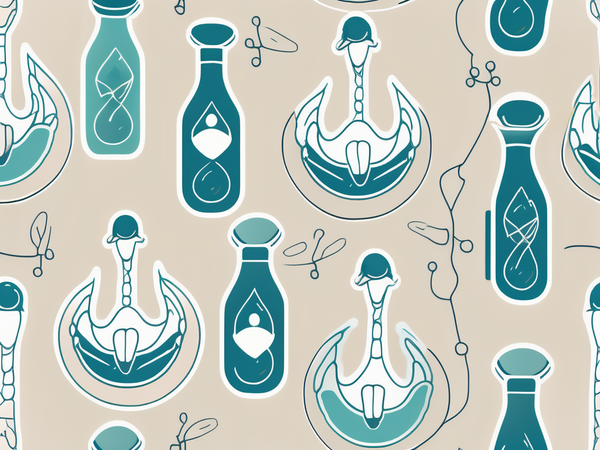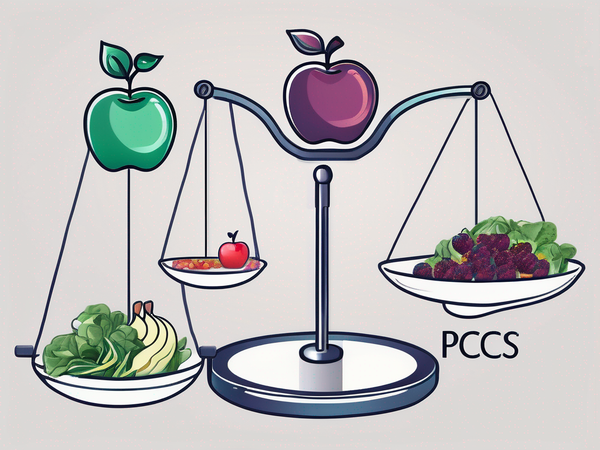The majority of women believe that a diet high in protein or the use of protein supplements will make them bulkier or give them a more masculine appearance. While both male and female bodybuilders can gain muscle mass by eating a high-protein diet, it needs to be paired with specific exercises or training. When consumed in the proper quantities and in conjunction with a healthy lifestyle, proteins can actually help women achieve a slim and toned physique.
Indicators of a protein shortage in women may include thin, brittle nails, pigmentation on the skin, hair loss and thinning, premature graying, and dryness or redness of the skin. Proteins have a variety of interior effects on women's bodies in addition to external ones. From strengthening bones, muscles, hair, and nails to boosting immunity and regulating menses, proteins play a crucial role in a woman’s overall health. Keep reading to find out the effect protein has on a woman’s body.
What are Proteins?
Proteins are important macronutrients that are essential for both men and women. They are structural components of our body and are made up of 20 amino acids. Our body generally makes 11 of these proteins, while the rest (9) need to be provided through diet or supplements and are hence termed essential amino acids. Externally, proteins can be provided through natural sources, such as diet and dietary supplements.
How Protein Changes a Woman’s Body
Dietary protein significantly affects how a woman's body functions physically and physiologically. Let's take a look at how protein affects several elements of a woman's physique.
1. Strengthens Muscles and Bones
Proteins may not be able to give you an instant energy boost like carbohydrates, but they help build tissues like muscles and strengthen bones and joints. Osteoporosis, characterized by weak and porous bones is four times more common in women than men due to rapid bone loss with the onset of menopause. This puts them at a higher risk of fractures and injuries in the later stages of life. Eating a high-protein diet has been linked to increased BMD (bone mineral density) by increasing muscle mass, bone density, and muscle strength. Thereby improving skeletal health and decreasing the risk of fractures and bone-related disorders such as osteoporosis.
2. Boosts Immune Function
If you have been falling sick very often, chances are your diet is lacking in proteins. Insufficient intake of dietary protein or amino acids has been linked to impaired immune function and an increased risk of infectious disease. Studies have shown that amino acids such as arginine, glutamine, and cysteine play an important role in the production, activation, and multiplication of certain white blood cells and antibodies that play a role in generating immune responses.
3. Maintains Hormonal Balance
Women tend to experience hormonal imbalances more often than their male counterparts due to phases of menstruation, pregnancy, and lactation. Proteins facilitate the communication and interaction of hormones with different parts of the body. Many hormones, such as glucagon, insulin, and pituitary hormones, are protein derived. Adequate intake of dietary proteins restores hormonal balance in women through their actions of suppressing hunger hormones (ghrelin), promoting sleep hormones (melatonin), and mood hormones (serotonin). It also aids in regulating the insulin hormone, thereby controlling blood sugar levels. Thus, adequate protein may help reduce the incidence of hormonal imbalances in women. Hence, women need to ensure a good intake of protein through their diet or add a supplement like protein powder for hormonal imbalance.
4. Helps in Weight Management
Are you trying to lose weight and have been eating low-calorie foods but have not been able to see results yet? Maybe you are not eating sufficient amounts of protein. While you cut down on your carbs and fats to lose weight, don't forget to eat adequate protein. Protein-rich foods take a longer time to digest, especially vegan sources, which are rich in fiber. This keeps you full and prevents binge eating. Moreover, protein-rich foods tend to decrease the ghrelin hormone, which is responsible for generating and sending hunger signals to the brain. At the same time, protein-rich foods also increase the levels of the peptide YY (PYY), which signals the brain for satiety. This feature of protein-rich foods prevents you from overeating or binge eating, thereby helping you with weight loss.
5. Enhances Beauty
The use of topical beauty applications may not yield results if you suffer from nutritional deficiencies. You might have heard the words keratin and collagen used often in cosmetic treatments. Your skin, hair, and nails have keratin and collagen as their integral parts. While keratin forms the outer layer of your hair, skin, and nails, collagen is the structural protein found in the cartilage of skin and hair, along with muscles, bones, connective tissues, etc. Eating dietary proteins containing amino acids such as L-cysteine helps in the synthesis of keratin. Supplementing amino acids such as glycine, proline, and hydroxyproline from a protein-rich diet helps build collagen. Thus, dietary protein can help you achieve supple, radiant skin. It also helps you improve the texture and volume of your hair, preventing brittle nails.
The Requirement of Protein for Women as per the RDA
Proteins are needed in every age group. The requirement for protein for women may change depending on their age, weight, level of activity, and different phases of hormonal changes such as pregnancy and lactation. Following are the recommendations for the daily intake of dietary protein for women:
- Normal Phase
Sedentary Lifestyle: 0.8 g/kg body weight
Mild to Moderate Activity: 1-1.2g/kg body weight
- Pregnancy Phase: 1.2–1.52 g/kg body weight
- Lactation Phase: 1.7–1.9 g/kg body weight
Food Sources
Some rich sources of dietary proteins include:
- Dairy Products: Milk, yogurt, and cheese
- Poultry: Chicken, turkey, duck, goose
- Legumes and Beans: Chickpeas, split peas, lentils, tofu, and all beans
- Lean Meats: Beef, Lamb, and Pork
- Nuts: Almonds, walnuts, pine nuts, walnuts, and cashews
- Seeds: Pumpkin seeds, sunflower seeds, sesame seeds, chia seeds, and hemp seeds
Supplements
Consciously balancing enough protein in all of your meals might not always be practical. Additionally, it can be challenging to obtain all of your daily protein needs from food sources if you are a vegetarian, lactose intolerant, or vegan. An alternative option to getting enough protein in your diet is to use vegan protein powders. Aside from providing plant-based protein, some vegan protein powders also include extra ingredients like digestive enzymes to help with digestion, as well as a superfood and antioxidant combination that will further enhance your appearance and strengthen your immune system. Such protein supplements for women, which are vegan, Non-GMO, and 100% organic plant protein powders, can serve as a source of the best protein for women.
Protein powder's uses are many. You may use protein powder for metabolism-boosting purposes or protein powder for energy enhancement. The same protein powder that can help you lose weight can also serve as the best weight gainer for women when taken in the right proportions and combined with appropriate exercise and a weight-gain diet.
Wrapping Up
Women's bodies are profoundly affected by proteins. They benefit from increased immunity, hormone balance, skeletal and muscular health, weight maintenance, and aesthetic enhancement. Depending on the stage of life a woman is in, her protein needs may alter over time. Thus, adequate protein intake through food or supplements is crucial.References
https://link.springer.com/article/10.1007/s12603-019-1174-1
https://www.ijtrichology.com/article.asp?issn=0974-7753;year=2009;volume=1;issue=1;spage=6;epage=14;aulast=Trueb
https://valleyinternational.net/index.php/ijmsci/article/view/3042
https://www.medicinenet.com/causes_symptoms_of_hormonal_imbalances_women/article.htm
https://www.frontiersin.org/articles/10.3389/fimmu.2021.665968/full
https://www.ncbi.nlm.nih.gov/pmc/articles/PMC6215564/













